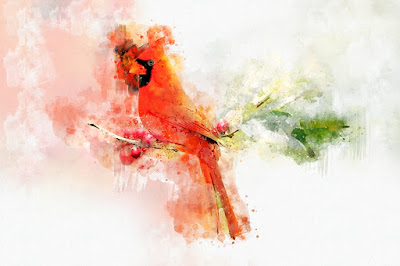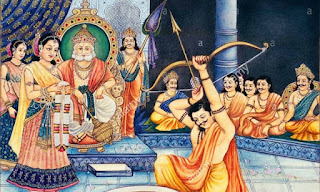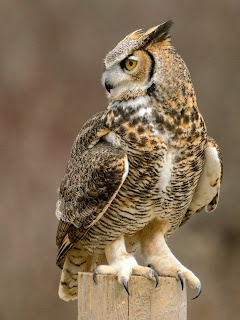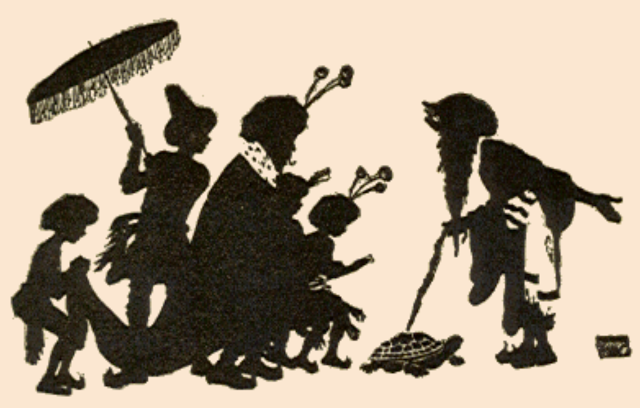Wikipedia Trail: From Turmeric to Special Relativity

(Turmeric rhizome and powder, from Wikipedia ) Turmeric I saw this on the class Twitter stream. I always thought it was spelled/pronounced "tumeric," but that's not the case. My mom LOVES turmeric because of all the benefits it has when you eat it. Apparently, it's in the same family as ginger! Whenever I buy turmeric, it's already processed and ground up, and is usually a powder, but it looks really similar to a ginger root, except that it's orange instead of yellow. The picture on Twitter mentioned mixing it with milk to cure coughs and colds. Next time I have a cough or cold, I'll be sure to try it. Ayuverda Of course, turmeric has many medicinal properties, and is used in a system of medicine rooted in India - Ayuverda. It's been said that Dhanvantari, the god of Ayuverda, passed on this knowledge to some physicians. It has treatments that include herbal, mineral, and metal mixtures, as well as surgical techniques, surprisingly! Anci











